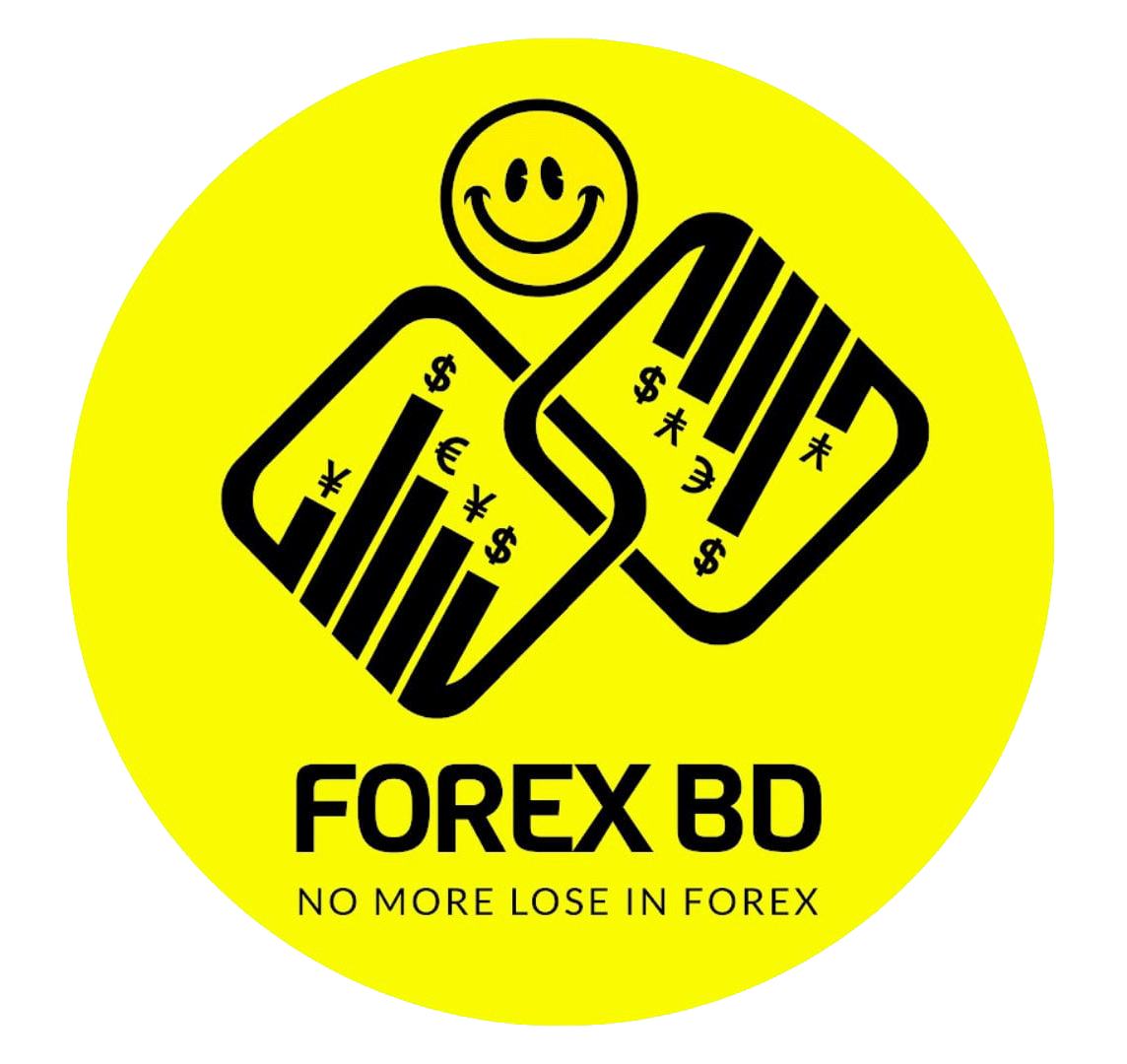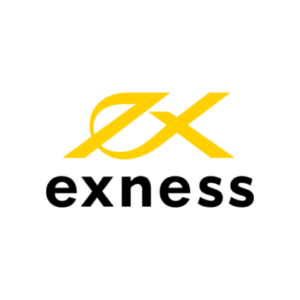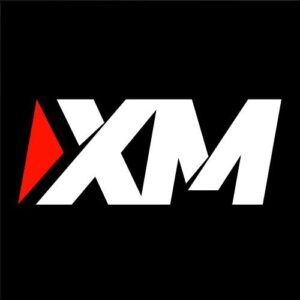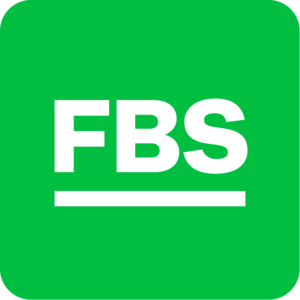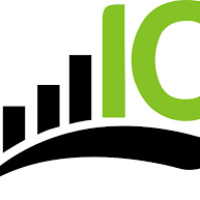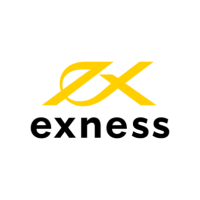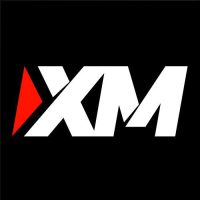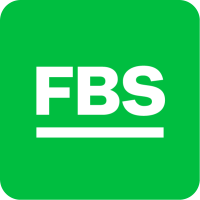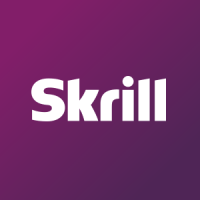Are you interested in becoming a successful trader? Trading can be a lucrative and exciting career path for those with a passion for the markets. However, it can also be a risky and challenging endeavor if you don’t have the right skills and strategies. In this article, we’ll cover everything you need to know to become a successful trader. From developing a trading plan to managing risk, we’ll explore the key factors that can help you succeed in the world of trading.
Table of Contents
- Introduction
- Understanding the Markets
- Fundamental vs. Technical Analysis
- Market Cycles
- Market Sentiment
- Developing a Trading Plan
- Defining Your Trading Style
- Setting Goals and Objectives
- Identifying Trading Opportunities
- Risk Management
- Position Sizing
- Stop Losses and Take Profits
- Diversification
- Trading Psychology
- Emotional Control
- Discipline
- Patience
- Trading Tools and Resources
- Charting Software
- News and Analysis
- Trading Education and Mentorship
- Conclusion
- FAQs
1. Introduction
Becoming a successful trader requires a combination of knowledge, skills, and experience. Trading can be a complex and dynamic activity, with constantly changing market conditions and economic factors. To succeed in trading, you need to be able to analyze the markets, develop effective strategies, and manage risk. In this article, we’ll explore some of the key factors that can help you become a successful trader.
2. Understanding the Markets
Before you start trading, it’s important to understand the markets you’re trading in. There are many different factors that can influence market movements, from economic data and news events to technical analysis and market sentiment.
Fundamental vs. Technical Analysis
Fundamental analysis involves examining the underlying economic and financial factors that influence a particular market. This can include factors such as interest rates, inflation, GDP growth, and corporate earnings. Technical analysis, on the other hand, focuses on analyzing market data such as price and volume to identify trends and patterns.
Both approaches can be useful for trading, but it’s important to understand the strengths and limitations of each. Fundamental analysis can be useful for identifying long-term trends and market cycles, while technical analysis can be more useful for short-term trading and identifying specific trading opportunities.
Market Cycles
Markets tend to move in cycles, with periods of growth and contraction. Understanding these cycles can be useful for identifying trading opportunities and managing risk. For example, during a market downturn, it may be prudent to focus on defensive stocks or to reduce your overall exposure to the market.
Market Sentiment
Market sentiment refers to the overall mood or attitude of market participants. This can be influenced by factors such as news events, economic data, and political developments. Understanding market sentiment can be useful for identifying market trends and potential trading opportunities.
3. Developing a Trading Plan
To become a successful trader, it’s important to have a clear trading plan. This should include defining your trading style, setting goals and objectives, and identifying trading opportunities.
Defining Your Trading Style
There are many different trading styles, from day trading to swing trading to long-term investing. It’s important to choose a trading style that suits your personality, skills, and objectives. For example, if you have a high tolerance for risk and enjoy fast-paced trading, day trading may be a good fit for you. If you prefer a more relaxed approach and are focused on long-term growth, a buy-and-hold strategy may be more appropriate.
Setting Goals and Objectives
To stay focused and motivated, it’s important to set clear goals and objectives for your trading. This could include specific profit targets, risk management guidelines, or a target number of trades per week or month. Your goals should be realistic and achievable, but also challenging enough to push you to improve your trading skills.
Identifying Trading Opportunities
To identify potential trading opportunities, you’ll need to analyze market data and monitor market trends. This could involve using technical analysis tools such as chart patterns, indicators, and oscillators, as well as keeping up-to-date with news and economic events that may impact the markets.
4. Risk Management
One of the most important aspects of successful trading is managing risk. This involves determining the appropriate position size for each trade, setting stop loss and take profit levels, and diversifying your portfolio.
Position Sizing
Position sizing refers to determining the appropriate size of each trade based on your available capital and risk tolerance. This can help you avoid taking on excessive risk and protect your trading account from significant losses.
Stop Losses and Take Profits
Stop losses and take profits are important risk management tools that can help you limit your losses and lock in profits. A stop loss is a predetermined level at which you’ll exit a trade if the market moves against you. A take profit level is a predetermined level at which you’ll exit a trade if the market moves in your favor.
Diversification
Diversification involves spreading your trading capital across different markets, assets, and trading strategies. This can help you reduce your overall risk and avoid overexposure to any one market or asset.
5. Trading Psychology
Trading psychology refers to the mental and emotional factors that can impact your trading performance. To become a successful trader, you’ll need to develop emotional control, discipline, and patience.
Emotional Control
Emotional control involves managing your emotions while trading, such as fear, greed, and excitement. This can be challenging, as trading can be a high-pressure and emotional activity. Developing emotional control can help you avoid making impulsive and irrational trading decisions.
Discipline
Discipline involves sticking to your trading plan and following your trading rules. This can help you avoid making emotional and impulsive trading decisions, and can increase your chances of long-term success.
Patience
Patience is an important trait for successful trading. It can be tempting to jump into trades based on excitement or FOMO (fear of missing out), but taking a patient approach and waiting for high-probability trades can increase your chances of success.
6. Trading Tools and Resources
To become a successful trader, you’ll need access to a variety of trading tools and resources. This could include charting software, news and analysis, and trading education and mentorship.
Charting Software
Charting software can help you analyze market data and identify trading opportunities. There are many different charting platforms available, from free online tools to advanced software with customizable indicators and features.
News and Analysis
Staying up-to-date with market news and analysis can help you make informed trading decisions. This could involve reading financial news websites, subscribing to market newsletters, or following market analysts on social media.
Trading Education and Mentorship
To improve your trading skills and knowledge, you may want to consider trading education and mentorship programs. These can provide valuable insights and guidance from experienced traders, as well as access to trading tools and resources.
7. Conclusion
Becoming a successful trader requires a combination of knowledge, skills, and experience. By understanding the markets, developing a trading plan, managing risk, and focusing on trading psychology, you can increase your chances of success. Remember to stay patient, disciplined, and focused on your goals, and never stop learning and improving your trading skills.
Name
Details
Rating
Regulation: CySEC, FCA, DFSA, FSCA, FSA, CMA
Founded: 2008
Founders: Petr Valov, Igor Lychagov
Year Founded : 2008
Deposit Methods: VISA, MasterCard, Neteller, Skrill, WM, PM, Crypto (MORE)
Leverage: 1:30 | 1:500
Regulation: CySEC, FCA, DFSA, FSCA, FSA.
Min. Deposit: 5 US$
Min. Withdraw : 5 US$
HQ: Sydney, Australia
Platforms: MT4, MT5, ctrader, web trading
Found in: January 30, 2007
Deposit Methods: Bank Wire (BankTransfer), VISA, MasterCard, Neteller, Skrill, WM, PM, Crypto
Year Founded : 2010
Cryptocurrencies:
 Yes
YesDeposit Methods: Local Deposit, Bank Wire (BankTransfer), VISA, MasterCard, Neteller, Skrill, WM, PM, Crypto, USDT
Year Founded : 2010
Cryptocurrencies: (5+) Bitcoin, Litecoin, Ethereum
Deposit Methods: Local Deposit, Bank Wire (BankTransfer), VISA, MasterCard, Neteller, Skrill, WM, PM, Crypto, USDT (MORE)
Year Founded : 2009
Cryptocurrencies:



Deposit Methods: Bank Wire (BankTransfer/SWIFT), VISA, MasterCard, Alipay, Bitcoin, Bitcoin Cash, Boleto, Ether/Ethereum, Litecoin, Local Bank Deposits, M-Pesa, Mobile Money, Monero, PerfectMoney, Ripple, WebMoney
Year Founded : 2009
Cryptocurrencies:



Deposit Methods: Local Deposit, Bank Wire (BankTransfer), VISA, MasterCard, Neteller, Skrill, WM, PM, Crypto, USDT
Year Founded : 2009
Cryptocurrencies:



Deposit Methods: Bank Wire (BankTransfer/SWIFT), VISA, MasterCard, Alipay, Bitcoin, Bitcoin Cash, Boleto, Ether/Ethereum, Litecoin, Local Bank Deposits, Mobile Money, PerfectMoney, WebMoney, USDT
Year Founded : 2011
Cryptocurrencies: (25+) Bitcoin, Litecoin, Ethereum
Deposit Methods: Bank Deposit, VISA, awepay, Bitcoin, FasaPay, Local Bank Deposits, Local Bank Transfers, Neteller, paytm, Skrill, UnionPay, USDT
Leverage: 1:20 | 1:500
Regulation: CySEC, FCA, DFSA, FSCA, FSA.
Min. Deposit: 50 US$
Min. Withdraw : 50 US$
HQ: Australia, Cyprus, and the UK.
Platforms: MT4, cTrader, web trading
EAs/Robots: ✅ Yes | News Trading: ✅ Yes | Scalping: ✅ Yes
Cryptocurrencies: 20+) Bitcoin, Litecoin, Ethereum
Deposit Methods: Local Deposit, Bank Wire (BankTransfer), VISA, MasterCard, Neteller, Skrill, Crypto. USDT
Leverage: 1:20 | 1:500
Regulation: CySEC, FCA, DFSA, FSCA, FSA.
Min. Deposit: 100 US$
Min. Withdraw : 100 US$
HQ: Cyprus, the UK, Australia, and the United States.
Platforms: MT4, cTrader, web trading
EAs/Robots: ✅ Yes | News Trading: ✅ Yes | Scalping: ✅ Yes
Cryptocurrencies: 20+) Bitcoin, Litecoin, Ethereum
Deposit Methods: Local Deposit, Bank Wire (BankTransfer), VISA, MasterCard, Neteller, Skrill, Crypto. USDT
Leverage: 1:20 | 1:500
Regulation: CySEC, FCA, DFSA, FSCA, FSA.
Min. Deposit: 50 US$
Min. Withdraw : 50 US$
HQ: Australia, Cyprus, and the UK.
Platforms: MT4, cTrader, web trading
EAs/Robots: ✅ Yes | News Trading: ✅ Yes | Scalping: ✅ Yes
Cryptocurrencies: 20+) Bitcoin, Litecoin, Ethereum
Deposit Methods: Local Deposit, Bank Wire (BankTransfer), VISA, MasterCard, Neteller, Skrill, Crypto. USDT
Year Founded : 2010
Cryptocurrencies:



Deposit Methods: Local Deposit, Bank Wire (BankTransfer), VISA, MasterCard, Neteller, Skrill, WM, PM, Crypto, USDT
A Forex broker is a financial services company that provides traders with access to the foreign exchange market. The primary function of a Forex broker is to facilitate the buying and selling of currencies by acting as an intermediary between the trader and the market ( Forex BD / BD Forex / ForexBD / ForexBDLTD / Forex bd LTD / @forexbd )..
Forex brokers offer traders a variety of services, including trading platforms, market analysis, and educational resources. They also provide access to leverage, which allows traders to control larger positions with a smaller amount of capital.
Forex brokers can operate in different ways, such as market makers, which set their own bid and ask prices and take the opposite side of their clients’ trades, or as agency brokers, which pass their clients’ orders directly to the market without any intervention.
Choosing a reliable and trustworthy Forex broker is important for traders to ensure that they receive fair and transparent pricing, access to a range of financial instruments, and adequate customer support ( Forex BD / BD Forex / ForexBD / ForexBDLTD / Forex bd LTD / @forexbd )..
Forex brokers play an important role in the foreign exchange market by providing liquidity and enabling traders to participate in the market with ease. Forex brokers offer a wide range of services and tools to traders, including:
Trading Platforms: Forex brokers provide traders with access to trading platforms that allow them to place trades, analyze the market, and manage their trading accounts.
Market Analysis: Forex brokers offer traders access to market analysis, including news, research, and economic data. This can help traders make informed decisions about when to enter or exit the market.
Educational Resources: Forex brokers often provide educational resources, such as webinars, videos, and tutorials, to help traders improve their trading skills and knowledge.
Leverage: Forex brokers offer traders access to leverage, which allows traders to control larger positions with a smaller amount of capital. However, it’s important to note that leverage can increase both potential profits and losses.
Customer Support: Forex brokers provide customer support to help traders with any questions or issues they may have ( Forex BD / BD Forex / ForexBD / ForexBDLTD / Forex bd LTD / @forexbd )..
When choosing a Forex broker, traders should consider factors such as the broker’s reputation, regulation, trading conditions, fees and commissions, and customer support. It’s important to choose a broker that is reliable, transparent, and offers competitive pricing and trading conditions.
Forex brokers provide traders with access to various types of trading platforms, each with its own unique features and advantages. Here are some of the most common types of Forex broker platforms:
MetaTrader 4 (MT4): MT4 is one of the most popular Forex trading platforms, used by millions of traders worldwide. It is known for its user-friendly interface, extensive charting tools, and support for automated trading through Expert Advisors (EAs) ( Forex BD / BD Forex / ForexBD / ForexBDLTD / Forex bd LTD / @forexbd )..
MetaTrader 5 (MT5): MT5 is the newer version of MT4 and offers additional features and improvements, such as more advanced charting tools, additional order types, and support for more financial instruments.
cTrader: cTrader is a trading platform that offers advanced charting tools, support for automated trading, and fast order execution. It is known for its user-friendly interface and customization options.
WebTrader: WebTrader is a browser-based trading platform that allows traders to access the market from any device with an internet connection. It is a popular choice for traders who prefer a simple and easy-to-use platform ( Forex BD / BD Forex / ForexBD / ForexBDLTD / Forex bd LTD / @forexbd )..
Mobile Trading Platforms: Forex brokers also offer mobile trading platforms that allow traders to access the market and manage their positions from their smartphones or tablets. These platforms typically offer a range of features, including real-time quotes, charts, and news updates.
When choosing a Forex broker platform, it’s important to consider factors such as ease of use, charting tools, order types, automated trading options, customization options, and compatibility with your trading style and strategy. Ultimately, the best platform for you will depend on your individual needs and preferences as a trader.
Forex brokers can be categorized into different types based on their business model and the services they offer to their clients. Here are some of the most common types of Forex brokers ( Forex BD / BD Forex / ForexBD / ForexBDLTD / Forex bd LTD / @forexbd ). :
Dealing Desk (DD) Brokers: Dealing Desk brokers, also known as market makers, act as counterparties to their clients’ trades. They provide liquidity to the market by taking the opposite side of their clients’ trades, and may also offer fixed spreads, guaranteed stop-loss orders, and other risk management tools.
No Dealing Desk (NDD) Brokers: No Dealing Desk brokers do not act as counterparties to their clients’ trades, but instead route their orders directly to liquidity providers, such as banks, financial institutions, and other brokers. NDD brokers typically offer variable spreads and faster order execution speeds than DD brokers.
Electronic Communication Network (ECN) Brokers: ECN brokers are similar to NDD brokers, but instead of routing orders to a single liquidity provider, they connect their clients to a network of liquidity providers, which compete to offer the best bid and ask prices. ECN brokers typically charge a commission for their services, but offer some of the tightest spreads and fastest order execution speeds in the market.
Straight Through Processing (STP) Brokers: STP brokers are similar to NDD brokers, but instead of routing orders directly to liquidity providers, they use automated systems to execute orders based on pre-defined trading rules. STP brokers may offer variable or fixed spreads, and may charge a commission or markup on their services.
Hybrid Brokers: Hybrid brokers combine elements of different business models, such as acting as both a market maker and an ECN broker, or offering both fixed and variable spreads. Hybrid brokers may offer a range of services and account types to meet the needs of different types of traders.
When choosing a Forex broker, it’s important to consider the broker’s business model and the services they offer, as well as their reputation, regulation, and customer support. The best broker for you will depend on your individual needs and trading style, as well as the trading conditions and fees offered by the broker.
Forex trading is a popular financial activity that involves buying and selling currencies to profit from the fluctuations in exchange rates. As with any financial activity, it is essential to choose a reputable and regulated broker to ensure the safety of your funds and a fair trading environment. In this article, we will discuss some of the top regulated forex broker houses.
Online forex trading payment methods refer to the various payment options available for forex traders to deposit or withdraw funds from their trading accounts. In the world of forex trading, payment methods play a vital role in facilitating smooth transactions, and it is important to choose a secure and reliable payment method that suits your needs.
Like, Share & Subscribe to Our Official Sites
Contact with Us :
Copyright © 2023 Forex BD
Risk Warning: Trading on financial markets carries risks. Contracts for Difference (‘CFDs’) are complex financial products that are traded on margin. Trading CFDs carries a high level of risk since leverage can work both to your advantage and disadvantage. As a result, CFDs may not be suitable for all investors because you may lose all your invested capital. You should not risk more than you are prepared to lose. Before deciding to trade, you need to ensure that you understand the risks involved and take into account your investment objectives and level of experience.
Disclaimer : Forexbd.ltd is not encouraging anyone to do forex/stock trading, as there are investments and financial risks involved. ForexBD channel or videos are educational and informative. Before deciding to invest in the forex market, you should carefully consider your investment objectives, level of experience, and risk appetite.
#ForexTrading #ForexMarket #ForexBroker #ForexSignals #ForexAnalysis #ForexEducation #ForexPlatform #ForexTools #ForexStrategy #ForexTradingTips #ForexInvesting #ForexNews #CurrencyTrading #OnlineTrading #TradingSoftware #TechnicalAnalysis #FundamentalAnalysis #RiskManagement #MarketResearch #TradingCommunity #ForexTradingSignals #ForexTradingSystem #ForexMarketAnalysis #ForexMarketNews #ForexMarketResearch #ForexTradingStrategies #ForexTrader #ForexTradingSoftware #ForexTradingCourse #ForexTradingForBeginners #ForexTradingPlatform #ForexTradingEducation #ForexTradingAcademy #ForexTradingOnline #ForexTradingCommunity #ForexTradingCharts #ForexTradingIndicators #ForexTradingAccount #ForexTradingCoach #ForexTradingRobot
